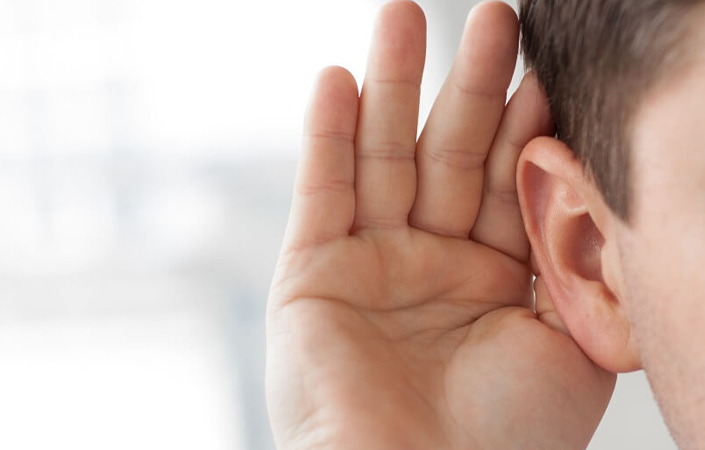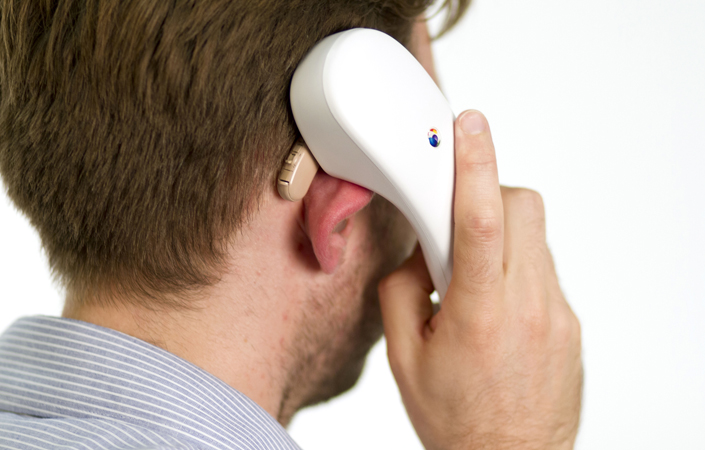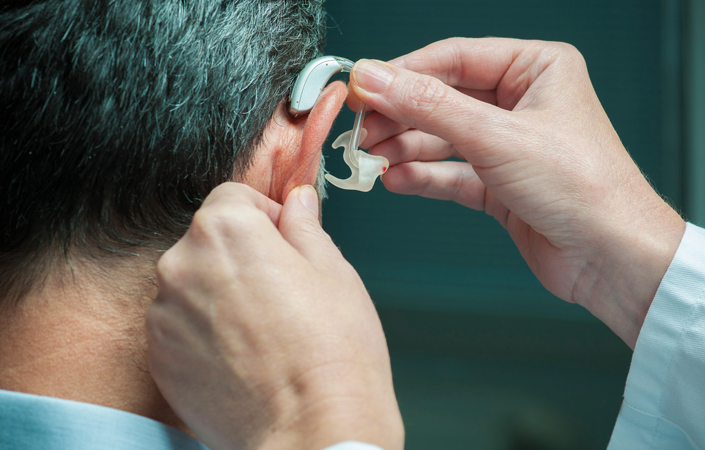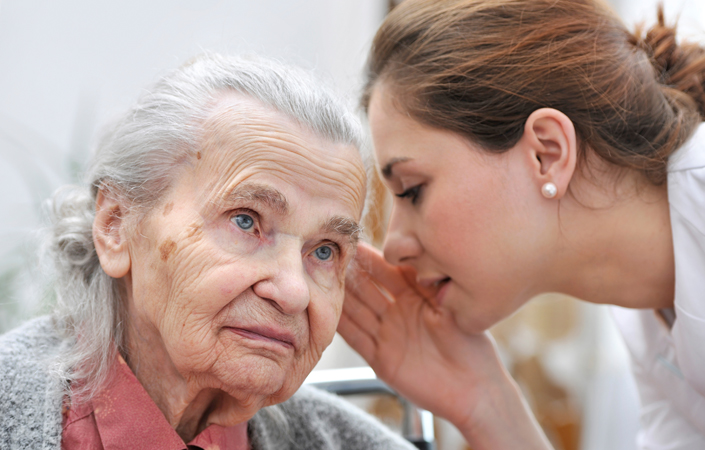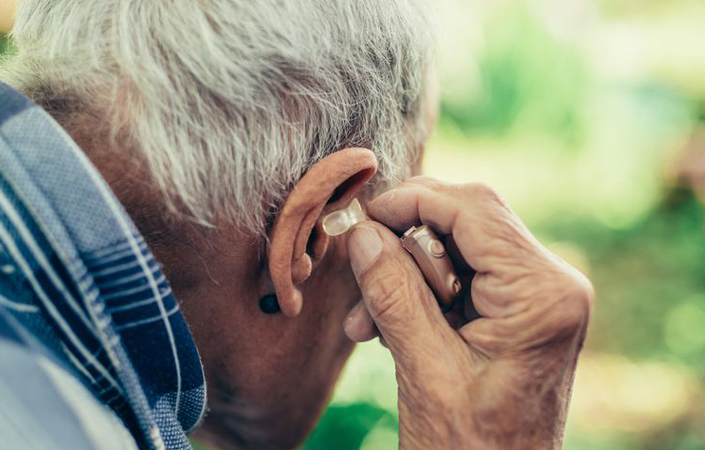
Tinnitus
What is tinnitus?
Tinnitus (tin-nit-us), more commonly spoken of as “ringing in the ear” or “head noise", has been experienced by almost everyone at one time or another. It is defined as the perception of sound in the head when no external sound Is present. In addition to “ringing”, head noises have been described as hissing, roaring, pulsing, whooshing, chirping, whistling and clicking. Ringing and head noises can occur In one ear or both ears and can be perceived to be occurring inside or outside the ear.
Tinnitus may be constant or may come and go. Tinnitus should be thought of as a symptom and not a disease in itself. It is a misfiring of hair cells in the inner ear, producing electrical activity which the brain then interprets as the sensation of noise. It is not maginary. A medical examination and audiological assessment should precede any treatment.
How is tinnitus evaluated?
Medical examination: since tinnitus is asymptom of a problem, the first thing you should do is find out the underlying cause. You should have a medical examination with special attention given to checking factors associated with tinnitus such as blood pressure, kidney function, medications/drug intake, diet and allergies, emotional stress, noise exposure and diseases involving the auditory system.
Audiological assessment: your hearing should be evaluated to determine if a hearing loss Is present. Tinnitus can be associated with a number of conditions that may occur at any level of the auditory system. The audiological evaluation can yield extensive information regarding cause and options for treatment.
What causes tinnitus?
Noise trauma: the most common cause of tinnitus is wear and tear of the inner ear from excessive noise exposure. Tinnitus may begin after a single loud noise, such as a gunshot or firecracker explosion, but more commonly results after prolonged exposure to moderately loud noises. Some common culprits include industrial machinery, aircraft engines, and loud music.
Other causes include:
o Physical injury (hand slap to ear or other head injury)
o Barometric pressure changes (scuba diving, air travel)
o Ear diseases (meniere's disease, otosclerosis)
o Ear infections and excessive wax in the ear
o Circulatory changes affecting the inner ear
Medication side effects: More than 200 drugs are known to cause or worsen tinnitus that is already present. Most important among these are aspirin and other non-steroidal, anti-inflammatory drugs (e.g. Motrin, indocin). Talk to your GP about this and do not stop taking medications without proper advice. Non-medical drugs, most notably caffeine and nicotine, may also exacerbate tinnitus.
Other causes: allergy, high blood pressure, tumours, diabetes, and thyroid problems can all cause tinnitus.
What is the treatment for tinnitus?
The most effective treatment for tinnitus is to eliminate the underlying cause. Many times it is difficult to determine the specific source, making it hard to eliminate the tinnitus. However there are a number of interventions that may reduce the impact and help individuals to cope with the issues It presents.
o Hearing aids. Many people with tinnitus also have a hearing loss. Wearing a hearing aid makes it easier for some people to hear the sounds they need to hear by making them louder and making the tinnitus lessnoticeable.
o Maskers. A masker Is asmall electronic device that may be used whether or not a hearing loss is present. Maskers do not make tinnitus go away, but they make the ringing or roaring seem softer. For some people, maskers hide their tinnitus so well that they can barely hear it. For some people, just listening to the static ata low volume on a radio can diminish the annoying effects of tinnitus. There are smart phone apps that may also provide sounds gto help alleviate tinnitus.
o Medicine or drug therapy.
There are medications that may improve inner ear circulation and reduce tinnitus. Medicine may also be helpful in relieving the stress or depression that may accompany tinnitus.
o Biofeedback training.
Biofeedback is a technique by which some people learn to control some functions of their autonomic nervous system. This system controls autonomic functions like heartbeat, blood pressure, and Sweating. With these techniques some persons have been able to gain control of and suppress their tinnitus.
o Tinnitus retraining therapy.
This treatment uses a combination of sound therapy to interfere with tinnitus and counselling to learn about tinnitus in order to reduce unnecessary fears. After a while, some people learn how to avoid thinking about their tinnitus. It takes time for this treatment to work, but it can be very helpful.
o Cognitive therapy.
Another therapeutic approach to learning a new way of thinking about tinnitus and Its impact.
o Tinnitus support groups.
Self-help groups are available in many communities for sharing information and coping strategies for living with tinnitus. Information on self-help groups may be obtained from the Australian Tinnitus Association (ATA). The ATA has self-help groups in NSW, ACT, QLD and VIC. These groups vary in style - some are highly organised, with frequent guest speakers, elected officers and fundraising efforts, while others are informal, with fluctuating attendance levels and a looser format. All groups share an emphasis on positive change, shared coping skills, and a supportive environment.
Can Ido anything to lessenthe severity?
The following self-help list can assist in lessening tinnitus severity:
o Avoid exposure to loud sounds and noises.
o Get your blood pressure checked and under medical control.
o Decrease your intake of salt. Salt impairs blood circulation.
o Avoid too much coffee, tea, soft drinks, alcohol, and tobacco. All of these may aggravate the condition of tinnitus.
o Consult with your physician about medications and supplements which may carry adverse side effects.
o Exercise daily to improve your circulation.
o Get adequate rest and avoid fatigue.
o Stop worrying about the noise. Recognise your head noise as an annoyance and learn to ignore itas much as possible. Worrying will only amplify the noise and your condition.
o If taking regular medication check with your doctor about known side-effects or possibly change to an alternative.Text provided by the American Speech-Language-Hearing Association

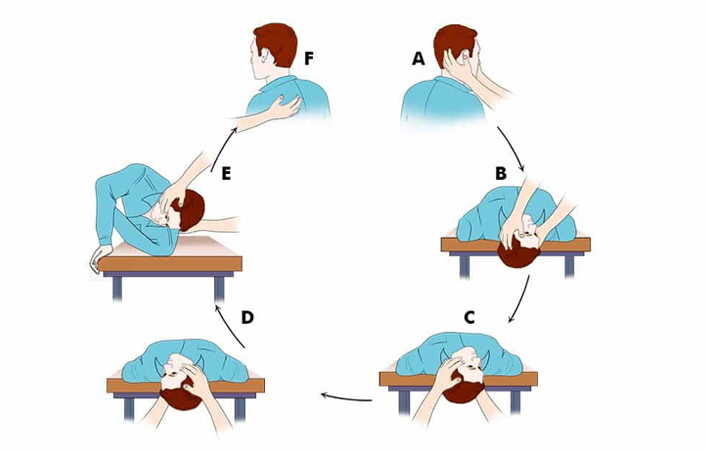
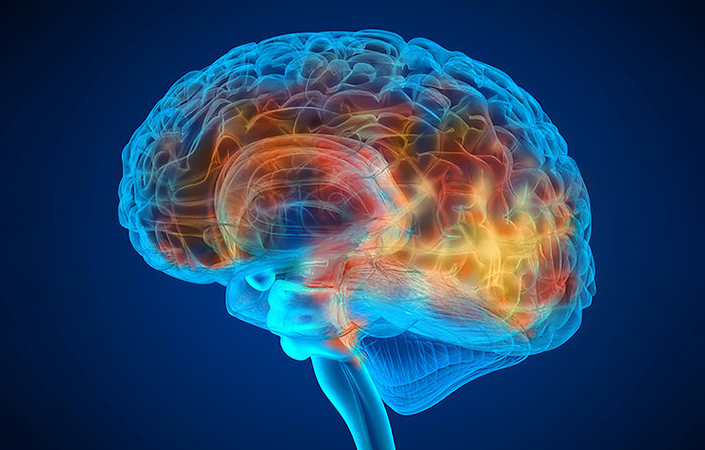
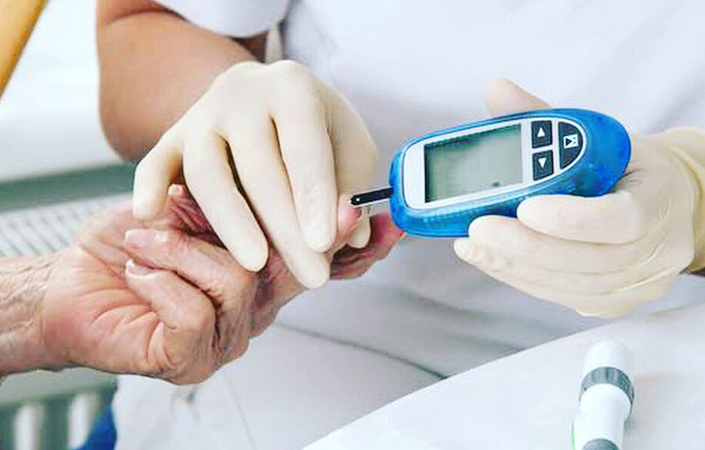
.jpg)
